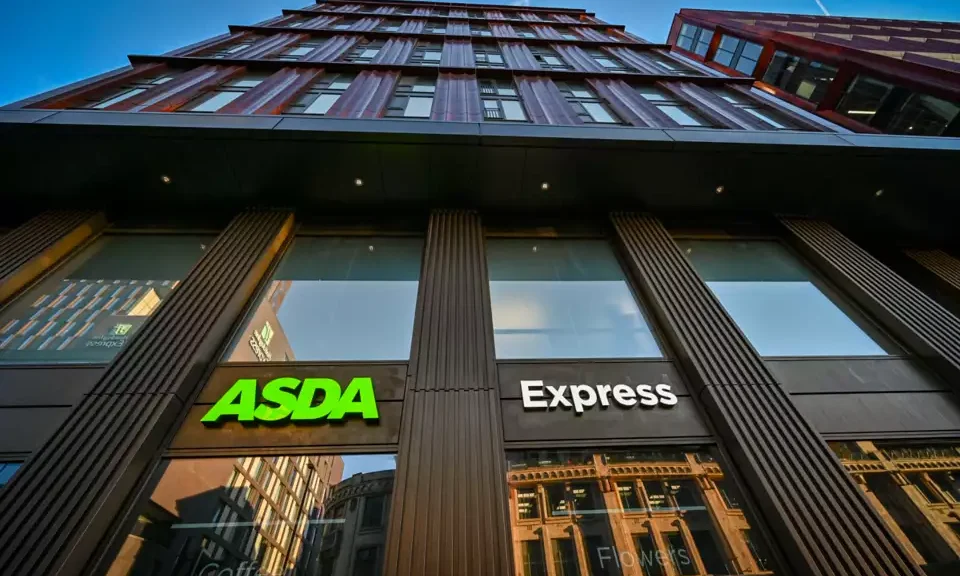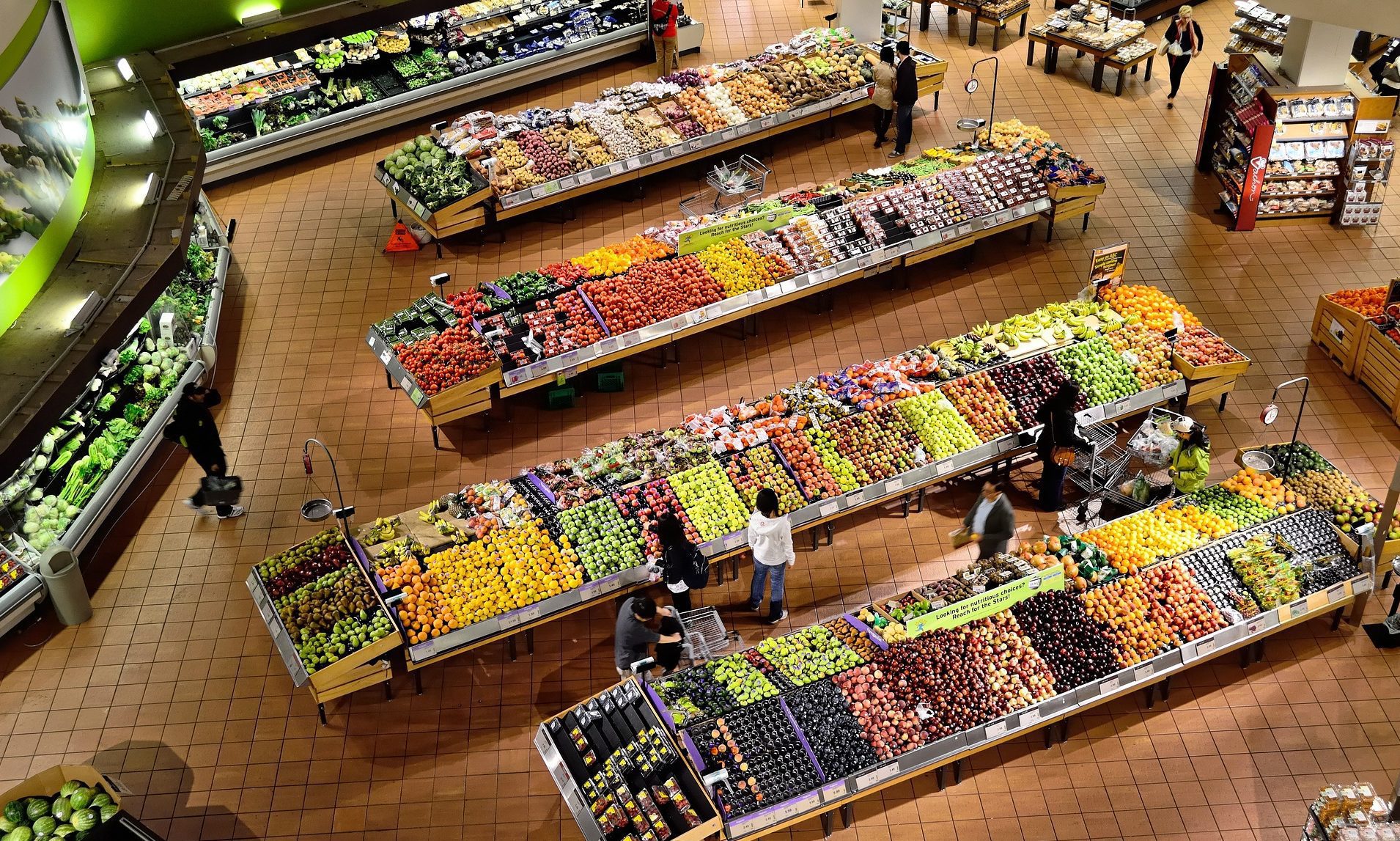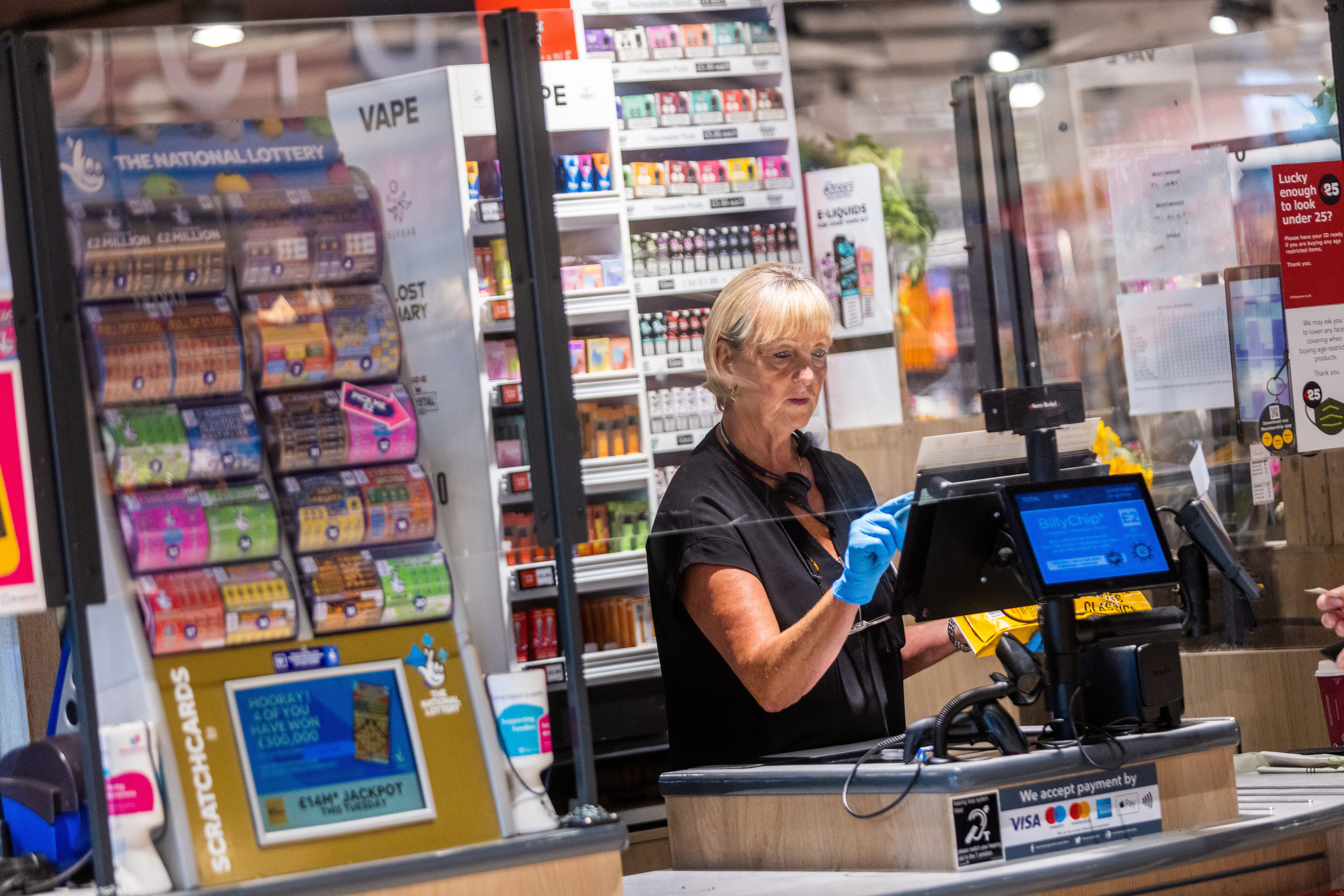Register to get 1 free article
Reveal the article below by registering for our email newsletter.
Want unlimited access? View Plans
Already have an account? Sign in
Total retail sales in the UK increased by 1.1% year-on-year for the four weeks ended 1 March, a similar increase compared with February 2024, as Valentines Day helped boost sales.
During the period, food sales increased by 2.3% year-on-year in February, compared with a growth of 5.6% in the same period in the previous year.
This 2.3% increase was level with the three-month average growth of 2.3% and below the 12-month average growth of 2.8%.
Non-food sales were flat YOYin February, against a decline of 2.7% in February 2024, partly as a result of poor weather having an effect on fashion sales.
Furthermore, in-store non-food sales decreased by 1.0% YOY in February, against a decline of 1.8% in February 2024, below the three-month average growth of 0.8% but above the 12-month average decline of 1.7%.
Online non-food sales increased by 1.9% YOY in February, against a decline of 4.1% in February 2024. Alongside this, the proportion of non-food items bought online increased to 36.4% in February from 35.8% in February 2024, below the 12-month average of 36.7%.
Helen Dickinson OBE, BRC CEO, said: “Retail sales saw more modest growth in February. While sales growth across non-food categories was generally muted, it was propped up by online purchases, particularly in computing and electronics. Jewellery, watches and fragrance sold well thanks to Valentine’s Day, reversing declines seen last year, and furniture also returned to growth.
“This weak performance makes many retailers uneasy, especially as they brace for £7bn of new costs from the Budget and packaging levy in 2025, as well as the potential impact of the Employment Rights Bill. The industry is already doing all it can to absorb existing costs, but they will be left with little choice but to increase prices or reduce investment in jobs and shops, or both.”
She added: “The focus of the Employment Rights Bill should be on unscrupulous employers but instead the industry faces ongoing uncertainty and a trajectory that risks punishing responsible businesses who provide valuable employment, particularly at entry level. It is time for government to course correct to ensure investment and growth are not undermined.”



















